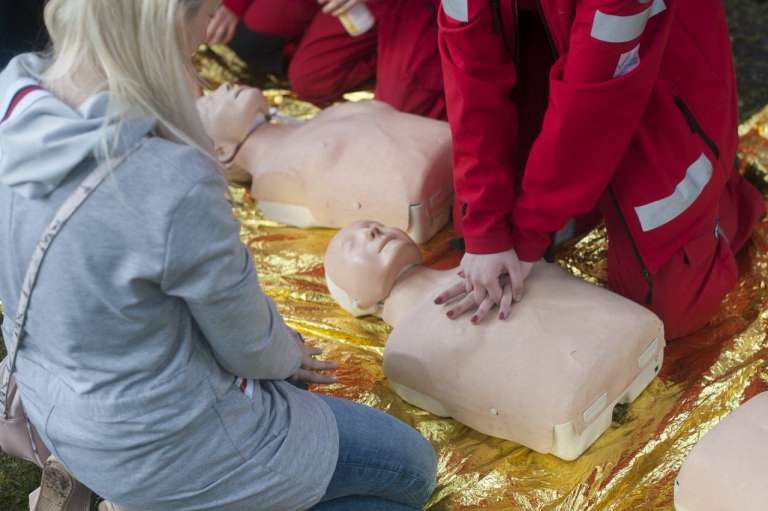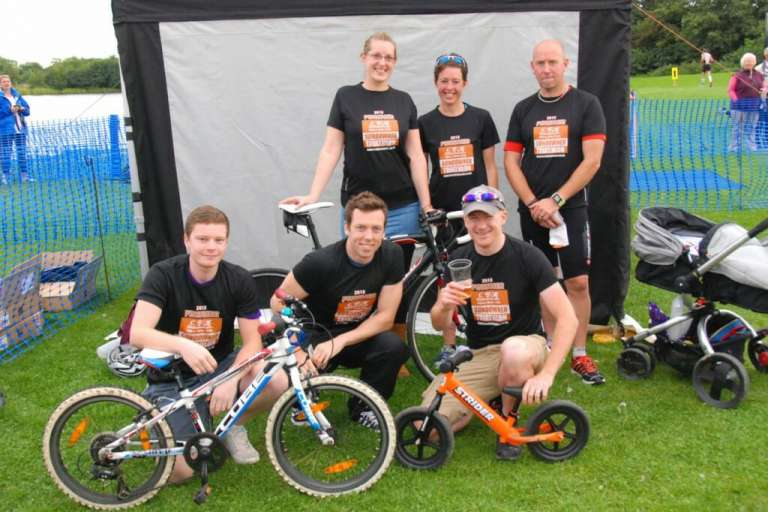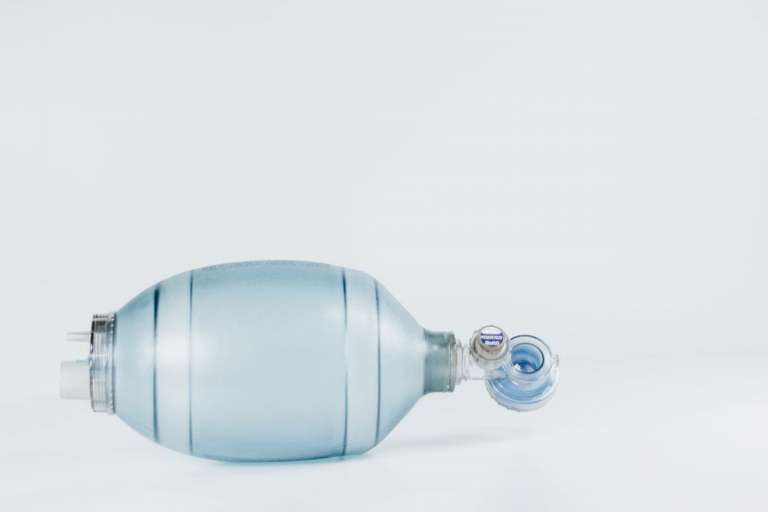The flu vaccine given to millions of people in the UK last winter has contributed to the biggest spike in deaths since the 1960s, according to figures from the Office of National Statistics.
In February 2015, Public Health England warned that the main strain of influenza had mutated and the vaccine would not be as effective.
By the time the mutation was identified it was too late to change the vaccine formula, making it ineffective in two out of three adults.
The statistics show that an extra 28,189 people died in 2015, compared with the previous winter. This is the largest percentage increase in deaths since 1968.
In total, 16,415 excess deaths have been identified as being caused by flu, compared to 577 the previous year.
Dr. Richard Pebody, head of flu surveillance for Public Health England said: “Although in most winters, the vaccine is well matched, winter 2014/15 saw the circulation of a drifted H3 flu strain, making the vaccine less effective than the typical 50 per cent we had seen in recent previous years.”
The large increase in deaths has not been repeated in the early part of 2016. In the first 12 weeks, the deaths remain close to the five-year average.
It takes eight months to produce enough flu vaccines for the population, and it is manufactured between February and September. If there is a change in the virus once the production has started, it is impossible to change it.
Professor John Newton, Chief Knowledge Officer at Public Health England added: “An outbreak of flu can have a big impact, especially on those who are most vulnerable or experiencing other illnesses, such as dementia. An increase in deaths will generally lead to a decrease in life expectancy that year, but we have seen these annual fluctuations before and the overall trend has remained positive.”
The increased number of deaths in 2015 was so high in England and Wales that it lowered life expectancy by up to three months for children born in that year.
Public Health England said that this year’s vaccine looked like it would match the most dominant strain of flu for next winter.





